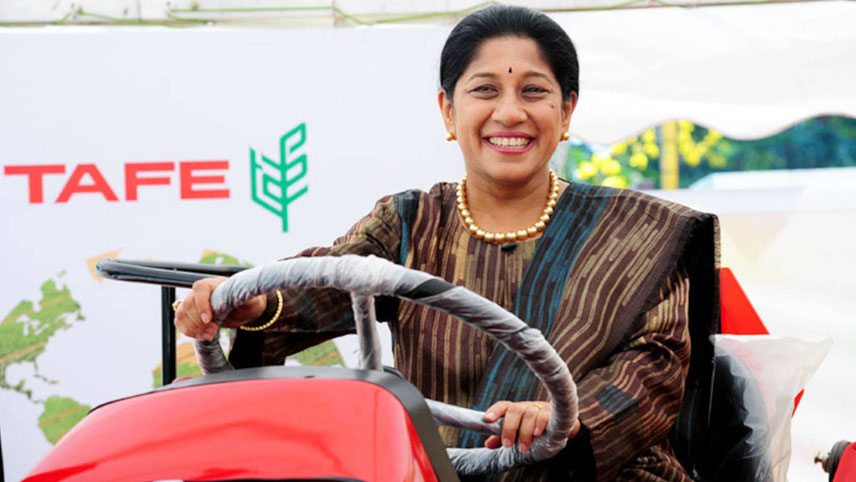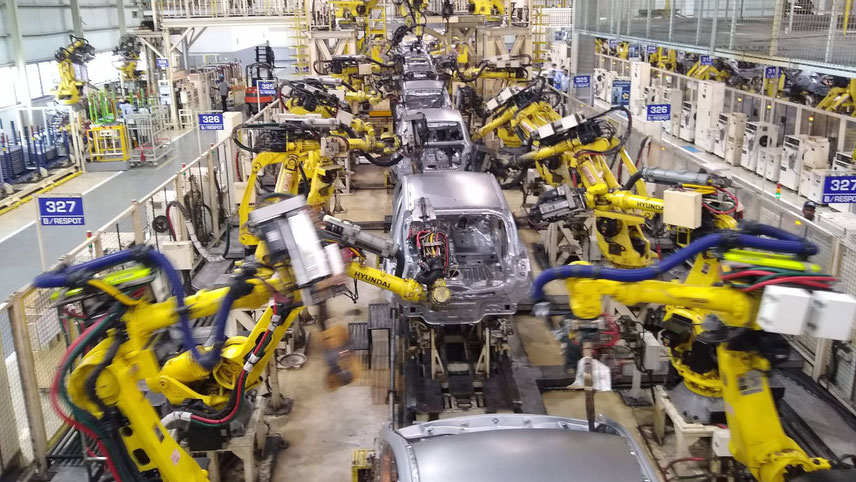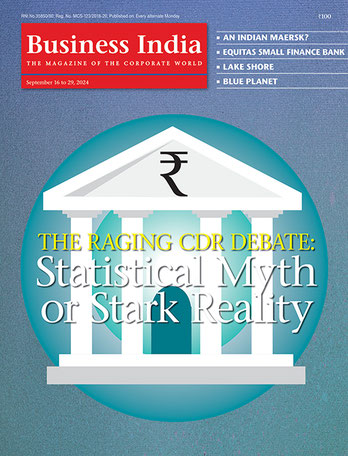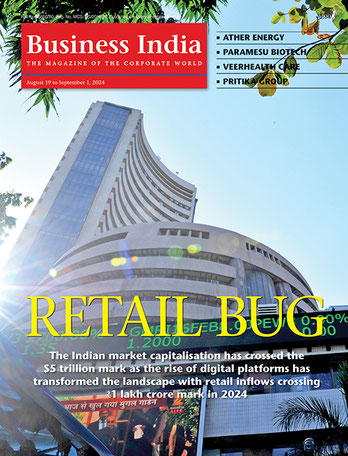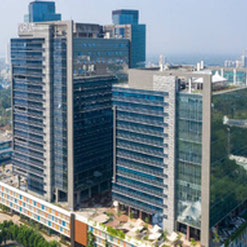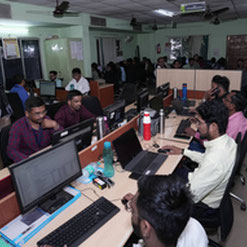India stands at the threshold of a transformative growth story, driven by initiatives like ‘Make in India’ that aims to enhance domestic manufacturing capabilities. ‘Make in India’ transcends policy – it embodies a strategic imperative to enhance local production, generate employment, and catalyse technological advancement across sectors. “At Hafele India, we fully support this vision,” affirms Frank Schloeder, MD, Hafele South Asia. “It aligns perfectly with our values of promoting domestic manufacturing and underscores our dedication to contributing meaningfully to the Indian economy through job creation and skill development. We recognise that building a robust local supply chain necessitates time and strategic investments in technology, infrastructure and human resources”. In line with this vision, Hafele has been an integral part of India’s growth journey for the past 20 years. “We have established a strong footprint in the interior solutions industry, leveraging our core expertise in modular interior solutions and positioning ourselves as one of the key opinion leaders in the market,” adds Schloeder. “With an extensive network of 15,000 touchpoints, including franchisees and dealers, we have uplifted industry standards by providing products tailored to India’s specific requirements. Our dedication to quality has elevated and significantly influenced consumer preferences towards acceptance of superior solutions and set a benchmark for excellence across the sector”. As a forerunner in adapting European standards to Indian ways of living, Hafele’s customer-centric approach includes innovations, such as filter-free hoods under the Teresa range and fully sealed hobs under the Altius range, customised to meet the unique needs of Indian cooking. This focus on customisation and quality has resonated well with consumers, who continue to look for better standards of solutions and services for their home environment. Catering to the sensibilities and expectations of the evolved Indian customer, the government is increasingly emphasising customer-centric policies, such as the quality control orders (QCOs) introduced by the Bureau of Indian Standards (BIS). “While the government’s initiative is commendable and we completely support it, transitioning suddenly to local sourcing, for companies in our industry, presents significant challenges due to the established nature of our existing supply chain”, says Schloeder. Hafele India has long-standing partnerships with international suppliers, which have been crucial in providing high-quality products at competitive prices. Currently, hardware demand in India is met 90 per cent through imports and only 10 per cent through local sourcing. “We fully endorse the principle that ‘production follows market’,” stresses Schloeder. “And, therefore, we anticipate a significant increase in the share of locally sourced hardware in the coming years. This shift represents a structural change for the industry and requires a well-organised approach. We estimate that it will take a minimum of two years to achieve a notable increase in local sourcing and about five years to fully stabilise this transition”.
-

Schloeder: strong footprint














